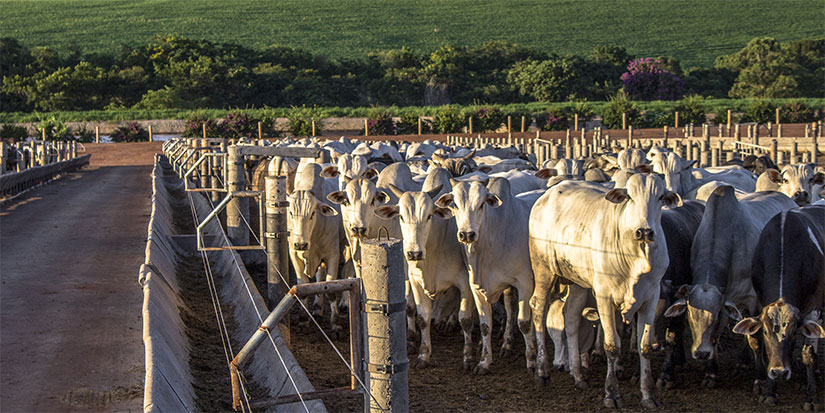
The Coming Commodities Bull Market
People like stocks and bonds but don’t like commodities. This has been going on for a while. A lot of smart people have observed that commodities are cheap, generally speaking, relative to financial assets. And yet commodities, as a group, have been pretty terrible.
The election might be a catalyst. I’m not sure I need to explain why, but in a sentence: Trump wants to lower interest rates himself, and Kamala Harris is likely going to go after producers for price gouging. There you go—that is a pretty good thesis.
In my lifetime, we have had two commodities bull markets: one in the 1970s when inflation was out of control, and one in the 2000s when the dollar went down for the dirtnap. In each case, some people made a lot of money. Remember Richard Dennis and the Turtle Traders? That is what I am talking about.
At the moment, oil is pricing in exactly zero geopolitical risk, and everyone within the energy business knows that investment in new production has been lagging for years. If Iran and Israel go to war, and Israel bombs refineries, and the Strait of Hormuz is closed, oil is likely to go up a lot. It takes 20 years to bring a copper mine into production. Agricultural commodities had the best growing season in decades, and it is hard to imagine it getting any better. If you want an example of how things could go wrong in “commodity land,” look no further than cocoa.
I am fond of saying that a bet on commodities is actually a bet against human progress because human beings are smart and find ways to discover more oil and increase crop yields. But! How can you look at this election and not believe that betting against human progress is a good idea? I am very bearish on the human race at the moment, and you might think that I am bearish on stocks. I am, but I’m not putting too much credence into my own views because the worse things get, the more stocks go up. You heard that right. The worse America gets, the more the stock market will go up. I am borrowing this idea from my friend Jawad Mian.
In the financial markets, there is a push-pull between financial assets and real assets. Usually when stocks and bonds are doing well, commodities are doing poorly, as is the case right now. The obverse is also true. What I am looking for is for commodities to do better relative to financial assets. The spread between hard assets and financial assets should converge.
Whenever a politician talks about capping prices on things like food, run away screaming. There will be widespread shortages and deprivation. No, I do not believe there is price gouging—you’d have to be insane to believe that. We are headed to a very scary place, and most people are sleepwalking through it.
How to Invest in Commodities
Just buy a commodity index ETF. There are a handful of them. Think about it this way: The whole purpose of indexing is to invest in an asset class when you don’t know anything about it. You don’t know anything about the stock market, so you just buy all the stocks. You don’t know anything about commodities, so you just buy all the commodities. Do what you would do with an index fund—dollar-cost average it, buy on the lows, buy on the highs, and average into it over time. Buy every month.
If you currently have a 60/40 asset allocation, what you really have is a 60/40/0 asset allocation—no exposure to commodities. This describes 99% of people. You know about the Awesome Portfolio. In the Awesome Portfolio, there is a 20% allocation to gold, which I use as a proxy for all commodities and for other reasons. That has worked out well. But I can imagine a scenario where other commodities do well while gold does not.
One reason I didn’t include a commodity ETF in the Awesome Portfolio is because of the carry—you have to pay for storage costs and such, whereas with gold, you don’t. It might be time to suck it up and pay the carry on a basket of commodities. And if there are supply shortages, the contango turns into backwardation, and then you actually earn carry.
I hope I have laid out the case well. Pretty much everyone I know is uninvested or underinvested. Dennis Gartman was fond of saying that you cannot treat commodities as an asset class, for all the reasons I described. But every once in a while, it works, and I think we are headed into one of those times.

Jared Dillian, MFA
|